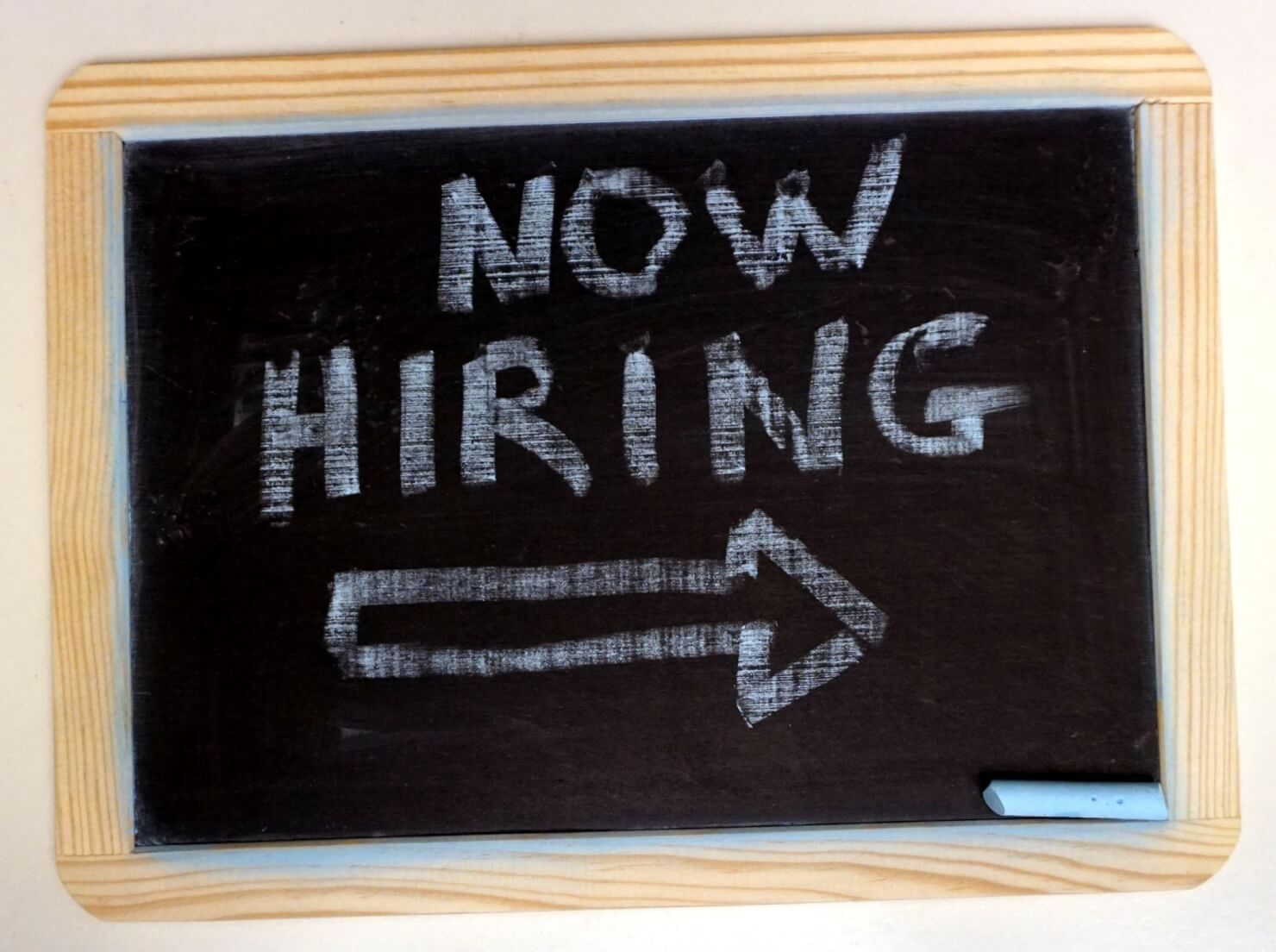The Basics of Invoice Factoring

How does invoice factoring work?
Invoice factoring happens when a merchant supplies a product or service to another business owner. Along with the delivered product or service, that business owner also receives the receipt at the time of delivery with the expectation that they will pay that invoice within 30, 60, or 90 days.
To improve their cash flow, the merchant who delivered can “sell” their invoice to a factoring company. The factoring company will provide an 80-90% advance on those invoices so that the merchant can have the cash on hand to continue operating their business. The factoring company will also assume collections of the invoices.
For example, a distributor is selling children’s toys to Walmart. Walmart’s payment term is 30-60 days from when the shipment was received, but the distributor needs the cash as soon as possible to pay the manufacturer that creates those toys, in order to get their next order out. To get the money they need, the distributor would go to one of the invoice factoring companies where the company would finance 80-90% of the invoice and collect the payment of the invoice directly from Walmart.

What are the advantages and disadvantages of invoice factoring?
The main advantage of factoring is the ability for businesses to get the available cash they need to run their business. This is important if they don’t qualify for a bank loan for business for a myriad of reasons. While qualifying for a bank loan relies heavily on the number of years you have been in business, cash flow, personal credit, and tax returns, factoring looks at other information.
Many factoring companies don’t require the company to have been in business for a certain number of years, or have a minimum amount of cash flow every month. They also typically don’t ask to see tax returns, require a personal guarantee, or run personal credit. Instead, they may only require collateralizing the invoice they are reviewing. This means that any business with collateral will likely qualify.
An additional advantage is that most small businesses cannot afford to have their own credit and collections departments. Think of it this way. Would you lend money to any of the owners of the companies who purchase from you? Well, you are essentially doing that when you allow their companies to purchase on terms. If you had a credit department, you may find that some of the companies you are doing business with do not pay their bills, and if they do, they are slow payers. Furthermore, collections is a time consuming and expensive process that isn’t always successful and may require external counsel when a purchaser defaults. By working with a factoring company, you are essentially outsourcing your credit and collections departments. However, unlike when you have your own staff doing these functions, you receive 80-90% of your receipts immediately. Most collections departments aren’t nearly that efficient.

The drawback here is that many business owners are afraid to relinquish control of their finances to a third party. They may worry about how using a third party for collections will appear to the customer. However, you could get comfortable with the idea by working with a reputable company and talking to their references before entering the relationship.
One disadvantage of invoice factoring is that the rates are much higher than a bank loan. With invoice factoring, 1.5-4% of each invoice is charged while traditional bank loans charge 7-10% interest annually. Nonetheless, when considering the costs of having staff do this work unsuccessfully, it is well worth the fee.
Another disadvantage is that there is much less flexibility in accessing funds from invoice factoring compared to a direct line of credit, where you simply hold on to cash. Finally, the factoring company will put a UCC filing on the entire business. This means that while your business is in a factoring agreement, you may be limited in getting additional loans, especially from a bank, and you may lose any existing lines of credit. Some people might see the control of collections as a disadvantage as well.
What are some things to look out for before entering a factoring agreement?

When choosing the best factoring company for your business and entering into a factoring agreement, there are a number of questions that you should ask:
First, you should ask about the factoring company rates. Invoice factoring rates can range from 1.5-4% and learning about different companies’ specific rates will help you determine the right company for you. Contact at least three companies to compare rates for your business.
Next, you should ask about any hidden fees. The company could charge all kinds of fees such as sign-up fees, electronic transfer fees, daily fees, credit assessment fees, and a fee just for obtaining the funding. These fees might not be discussed explicitly before entering the factoring agreement unless you ask upfront. Additionally, you should always read the fine print in any contract before signing it.
Finally, you should ask if same-day funding will be available. Some factoring companies may provide same-day funding, while others may not. The advantage of entering a factoring agreement is that you will always have cash when you need it, so make sure that the company’s funding time fits your company’s needs.
This information was provided by Lisa Rodino, a Commercial Finance Specialist who helps small business owners navigate the many financing options available to help them grow and prosper. As a small business expert, Lisa is well known for getting to know her customers and learning what their needs are. She is that one person who really takes the time to explore all the options that are available to her clients. Contact Lisa directly at lisa@rodino.com or 516-268-0350 or visit her site for more information.
Payro Finance is a short-term, low-cost funding solution specifically designed for covering payroll. Once approved, Payro provides same-day funding for payroll. To learn more about payroll funding, schedule a meeting here with Payro’s founder & CEO, Morris Reichman.
Morris Reichman
hello@payrofinance.comMorris Reichman is the founder and CEO of Payro Finance. Former Vice President at Infinity Capital Funding an alternative finance company, Morris possesses a versatile background in the finance industry. Having spent 7+ years working across global macro operations and start up corporate finance Morris's expertise is in business accounting, risk management and investment analysis. Morris founded Payro Finance to support business owners and ensure their business continuity.
Need a short-term loan to cover payroll?
Apply in under two minutes, and get approved within 2 days. Once approved, funds are in your account the same day.
- Always 1.5% weekly
- Up to $500,000
- Same-day funding


